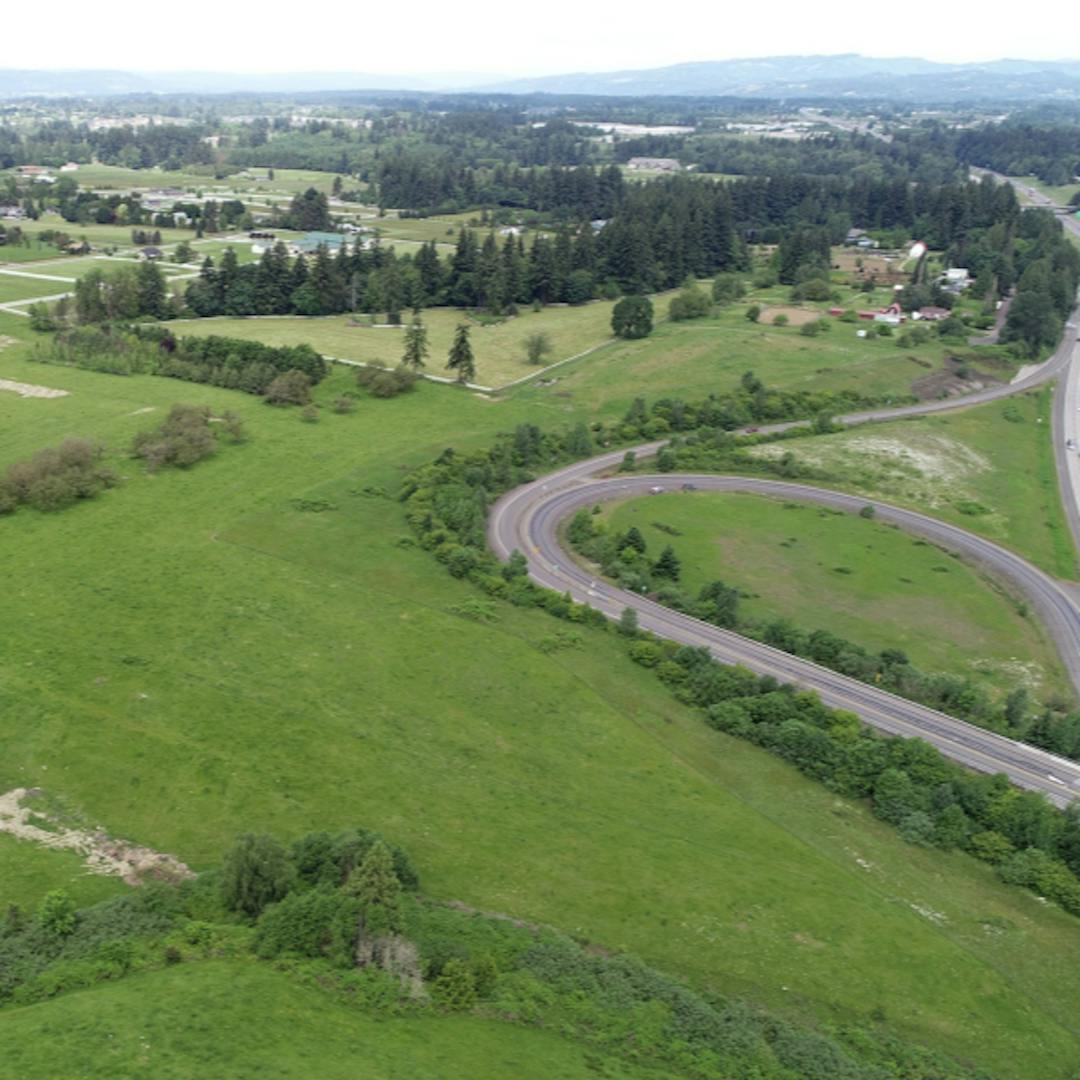Ridgefield/I-5 South Connector

The City of Ridgefield's and Clark County's long-range plans—which were created in collaboration with community members, local agencies, and regional partners—call for a new roadway connection from Ridgefield to Interstate Highway 5 (I-5). This future connection would extend from the area of NW Hillhurst Road/NW 31st Avenue to the existing I-5 interchange at NW 219th St./State Route (SR) 502 (Battle Ground exit). Construction is not expected for 5-10 years, and several steps, including selection of an alternative, environmental studies, more public participation and securing funds, will need to happen.
Project Background
The existing interchange between I-5 and SR 502 was constructed by WSDOT in 2008. The City of Ridgefield and Clark County have had the potential for a connection from this interchange west and north to Ridgefield since 2007.
The I-5 Ridgefield South Connector would connect a confluence of two major state highways (I-5 and SR 502) with Ridgefield's main north-south transportation corridor, Hillhurst Road, near NW 229th Street. Most of the corridor would be located in unincorporated Clark County. The benefits of the project include relief at the City's currently sole interchange on I-5 (Pioneer Street) as well as the county's major interchange at I-5 and 179th Street, which also serves the adjacent Clark County Fairgrounds, RV Inn Style Resorts Amphitheater, and the west emergency services facility which is staffed by both Clark County Fire District 6 as well as Clark Cowlitz Fire Rescue.
In 2019, the City of Ridgefield received Washington State legislative funds to conduct a corridor study on the potential connection routes. In the Spring of 2021 the City partnered with a consultant to conduct this corridor study, including collecting public input through an online open house and property owner interviews. The planning study concluded with a report summarizing the assessment of the seven alternatives, and identified the need for additional state funding to move the project forward to the alternatives selection, environmental review and design stage. The results were presented to Ridgefield City Council and Clark County Council.
Next Steps
The next step is to complete an alternatives analysis, select a preferred alternative and conduct a Level 1 environmental study in 2025. This stage will also include planning work to develop a scope and budget for succeeding phases such as design and permits, right-of-way and construction.
Much of the potential corridor's alignment travels through unincorporated Clark County, so selection of the preferred alternative is expected to be a joint decision by the Ridgefield City Council and Clark County Council.




